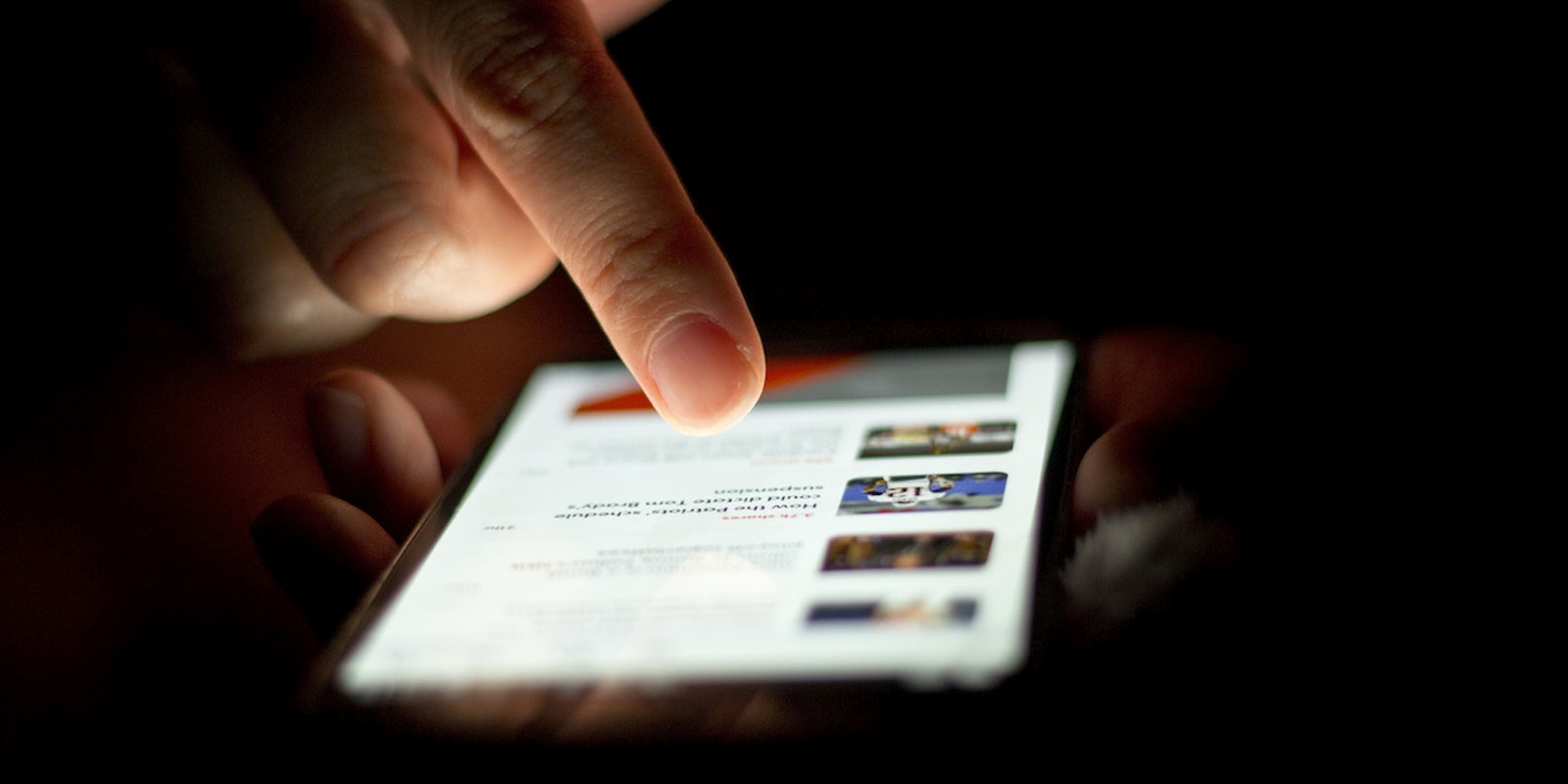Do you know if police can track your phone without a warrant?
U.S. laws regarding cellphone tracking by intelligence and law enforcement agencies vary broadly from state to state, and legal protections can vanish instantaneously depending on which border you’re crossing.
For the privacy-conscious citizen, or any others concerned about wildly fluctuating surveillance authority while on a cross-country excursion, the American Civil Liberties Union (ACLU) has created a unique map to track the tracking laws.
“Location records can reveal an enormous of information about a person, especially with the proliferation of smartphones that constantly track our whereabouts,” the ACLU said in a statement. “Because privacy laws haven’t kept up with advances in technology, police have long claimed the authority to access this information from cell phone companies without warrants.”
Massachusetts is currently the only state that requires authorities to obtain a warrant before accessing cell-site location information (CSLI), while 12 other states have ongoing cases in the Fourth, Sixth, and Ninth Circuit Court of Appeals.
Several southern states, including Georgia, Alabama, Mississippi, Louisiana, and Texas, currently allow police to deploy cell-site simulator devices—commonly referred to by their brand name, the “Stingray“—to track people and gather data from their cellphones.
A Stingray device, which is roughly the size of a suitcase, has been deployed by various law enforcement agencies, including the U.S. Marshals Service, in more than a dozen states. It works by effectively tricking cellphones into believing it’s a cell tower. Once a phone is connected, it gives police the ability to determine a caller’s location.
Controversy has surrounded the technology’s use because, in addition to collecting information about select targets, Stingrays may also vacuum up the phone data of law-abiding citizens and potentially interfere with other wireless signals in an emergency.
As many as 53 police departments are known to use Stingrays, according to exhaustive research by the ACLU and USA Today. Generally, the origin of evidence gathered from the equipment is concealed in court from the defendants, and in many cases, the judges as well.
For instance, in an email acquired and later published by the ACLU, a senior Florida police officer is seen telling his fellow officers to hide the origin of Stingray evidence by claiming it was received from a “confidential source.”
While federal agencies are restricted from conducting warrantless cellphone tracking, the Federal Bureau of Investigation (FBI) has reportedly loaned Stingray equipment to local police departments in many states that can. The departments are asked to sign a nondisclosure agreement, which prevents them from revealing information about the equipment to the public.
Photo by Japanexperterna.se/Flickr (CC BY 2.0)


